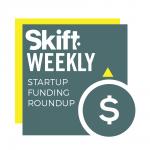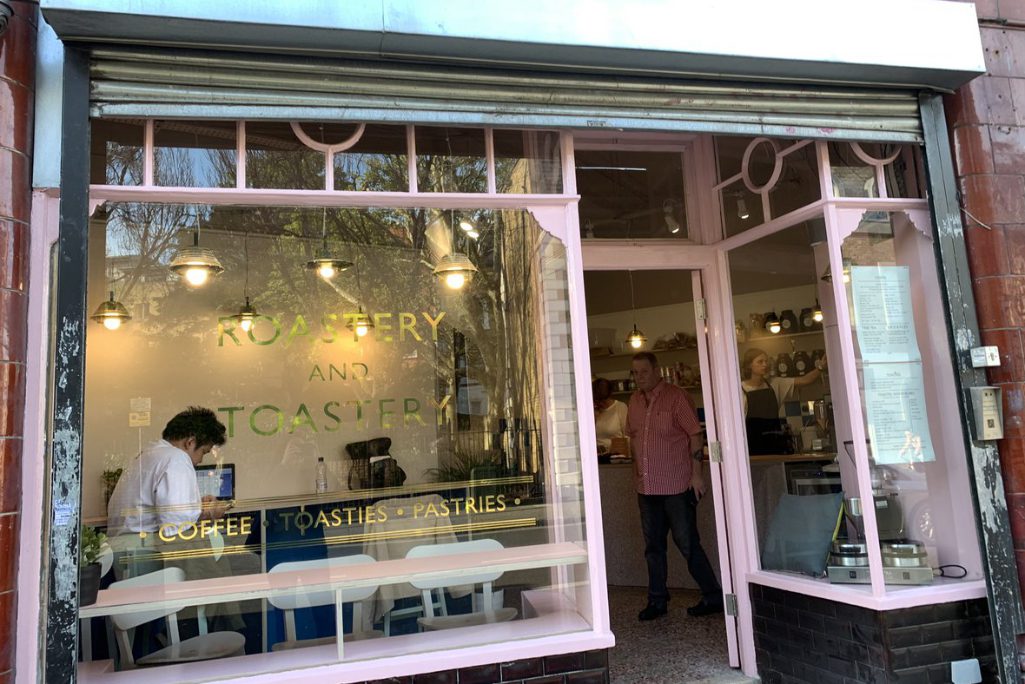Skift Take
This week, travel startups Bimble and Pruvo announced they had raised more than $1 million each in funding, despite the coronavirus crisis. Keep hope alive.

Travel Startup Funding This Week
Each week we round up travel startups that have recently received or announced funding. Please email Travel Tech Reporter Justin Dawes at [email protected] if you have funding news.
This week, travel startups announced more than $2 million in funding, despite the coronavirus crisis.
>>Bimble, an online service for collecting, remembering, and sharing destinations and activities that travelers adore, has debuted with a $1.5 million (£1.3 million) in angel investment.
Dimitris Panagopoulos led the round for Bimble. The British startup will join Google’s Digital Accelerator for startups.
Bimble creates “placelists” for destinations, which it said are similar to playlists for music. Bimble is an old English word for “a leisurely walk or journey.”
>>Pruvo, a travel startup, completed a $1.1 million seed round on Friday.
SeedRocket 4Founders Capital led the round.
Pruvo’s mobile app aims to help travelers save money by monitoring their hotel reservations that were made through any booking site and rebooking the hotel when the price drops.
The company also has a business-to-business service where it helps partners, such as offline or online travel agencies and bedbanks, detect significant price drops, and find ways to try to drive additional profits after a traveler books a stay.
The startup is waiving setup fees for the integration and also waiving commissions during the coronavirus crisis, said Doron Nadivi, chief commercial officer.
“Dev teams at partner companies are currently without a lot of workload, so implementation can take as little as seven days till going live,” Nadivi said.
Skift Cheat Sheet:
We define a startup as a company formed to test and build a repeatable and scalable business model. Few companies meet that definition. The rare ones that do often attract venture capital. Their funding rounds come in waves.
Seed capital is money used to start a business, often led by angel investors and friends or family.
Series A financing is typically drawn from venture capitalists. The round aims to help a startup’s founders make sure that their product is something that customers truly want to buy.
Series B financing is mainly about venture capitalist firms helping a company grow faster. These fundraising rounds can assist in recruiting skilled workers and developing cost-effective marketing.
Series C financing is ordinarily about helping a company expand, such as through acquisitions. In addition to VCs, hedge funds, investment banks, and private equity firms often participate.
Series D, E, and beyond These mainly mature businesses and the funding round may help a company prepare to go public or be acquired. A variety of types of private investors might participate.
The Daily Newsletter
Our daily coverage of the global travel industry. Written by editors and analysts from across Skift’s brands.
Have a confidential tip for Skift? Get in touch
Tags: funding, startups, vcroundup
Photo credit: Roastery Toastery is a cafe tucked into a wall next to the entrance to the Chalk Farm Tube station in northwestern London. It's an example of a place that new travel startup Bimble considers worth sharing with other travelers. Roastery Toastery
